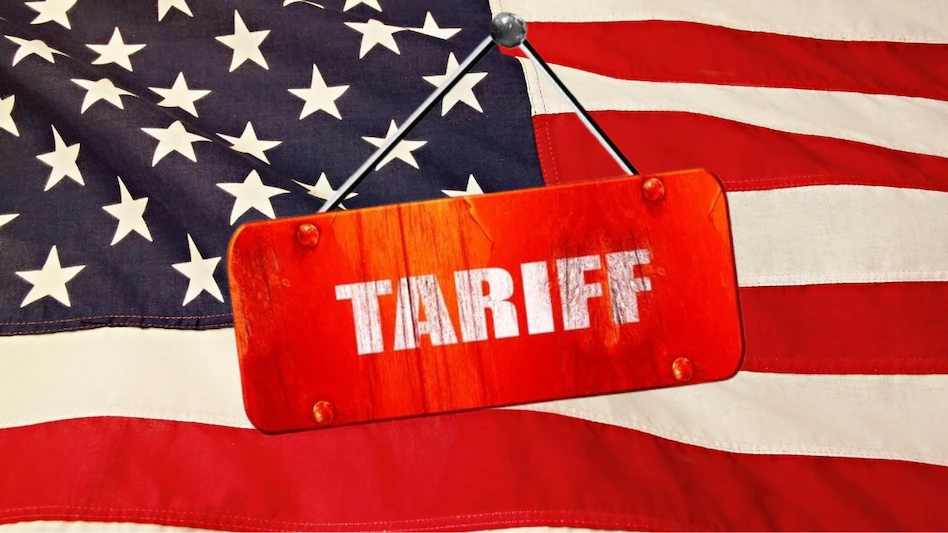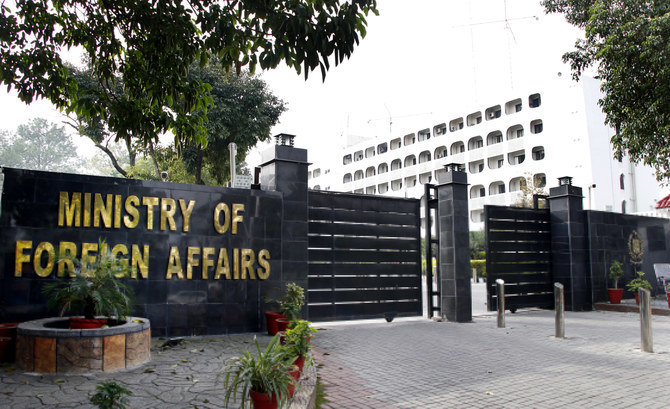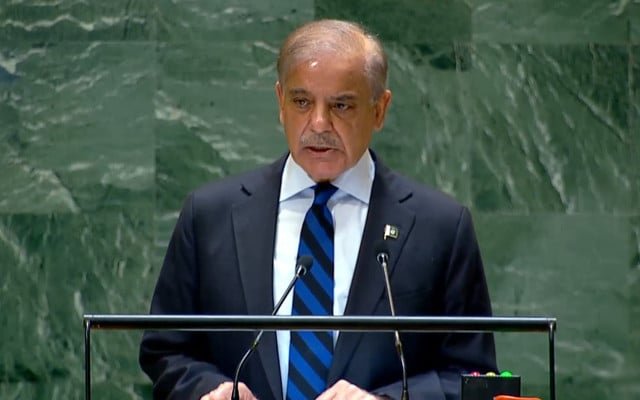US President Donald Trump’s latest threat to impose 30% tariffs on imports from the European Union and Mexico beginning August 1 has sparked widespread concern and diplomatic backlash. Labelled as an “unfair deal” by Mexico and a “one-sided move” by the EU, the proposal has added fuel to already fragile trade relations.
Mexico firmly rejected Trump’s pressure, asserting that its national sovereignty was non-negotiable. Mexican President Claudia Sheinbaum expressed confidence in finding common ground but made it clear that fundamental principles were off the table. Meanwhile, the European Commission’s President Ursula von der Leyen warned of “proportionate countermeasures” and emphasized that the EU remains committed to negotiations — but not at any cost.
The White House’s letters to both trading partners blamed long-standing trade deficits and alleged non-reciprocal trade practices. Trump stated the US can no longer tolerate policies that disadvantage American industries. His warning was blunt: any retaliation would be met with even steeper tariffs.
The situation is part of a broader protectionist push, with new tariff hikes also aimed at Japan, South Korea, Canada, and Brazil. With 24 countries and the EU now targeted, the Trump administration is signaling a full-scale trade confrontation. Despite hopes of a deal with Brussels before the July 9 deadline, negotiations appear to be faltering.
European leaders were quick to respond. France’s Emmanuel Macron condemned the move, calling for swift countermeasures if talks break down. Germany’s auto industry voiced concern over escalating costs, while Italy and the Netherlands urged for unity and a balanced resolution.
Though the US-Mexico-Canada Agreement remains in place, ambiguity persists around whether Mexican goods under this pact will be exempt. For now, Trump’s aggressive tariff diplomacy seems poised to test global trade norms — and America’s closest economic alliances.















